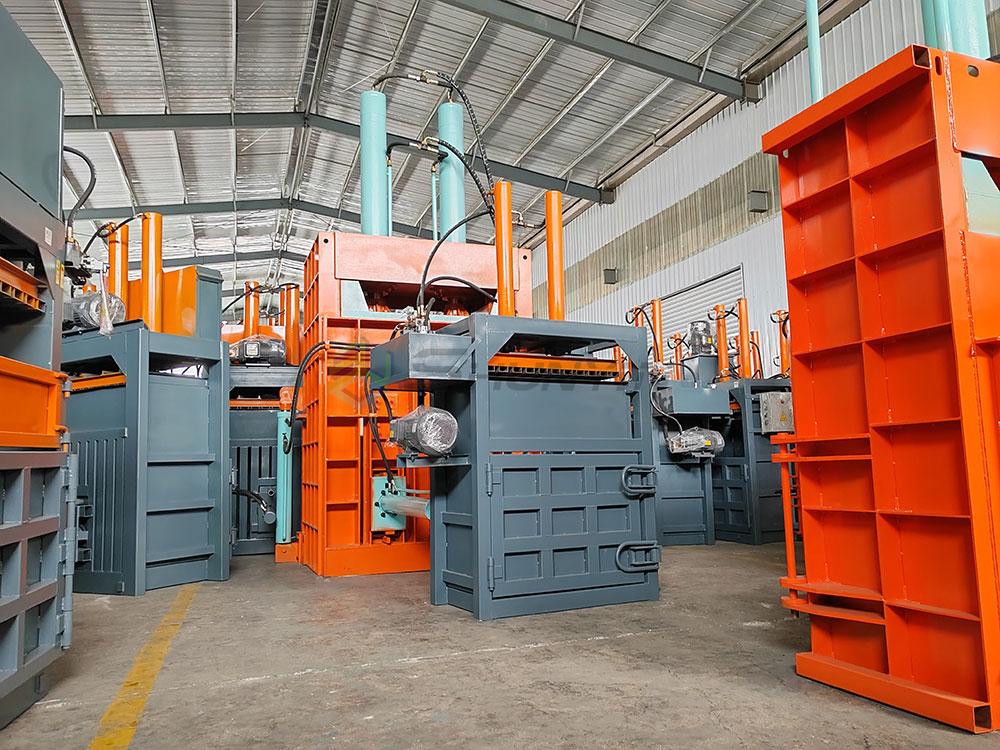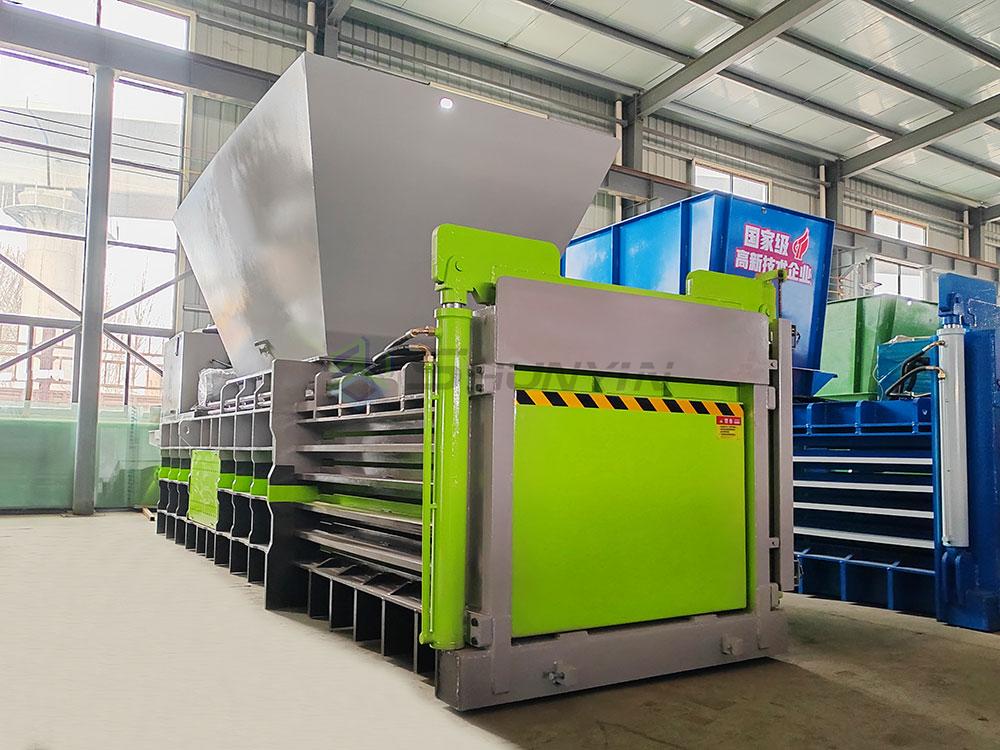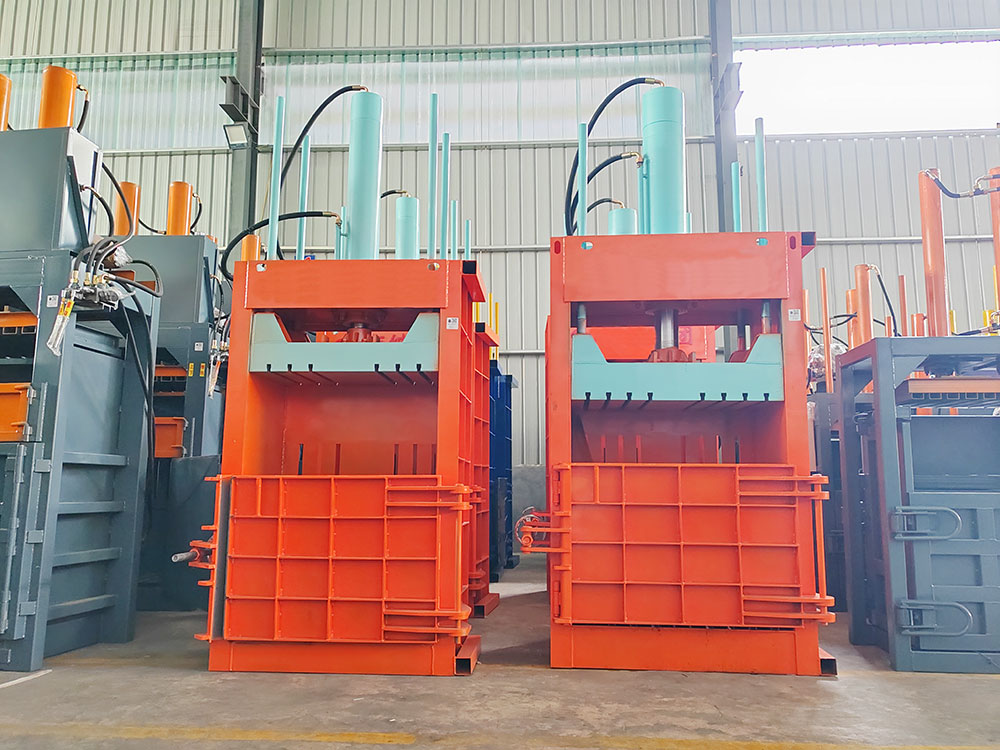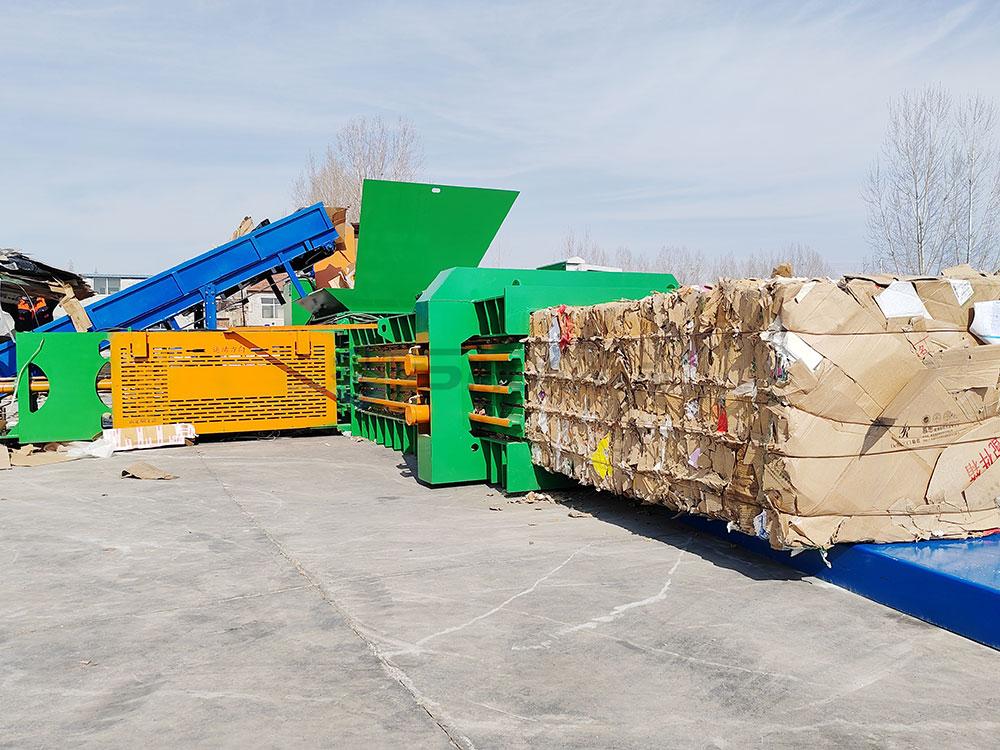Transform Waste into Profit: How Waste Balers Cut Costs by 80% & Skyrocket Recycling Revenue!
✔️ Discover Space-Saving, Eco-Friendly Solutions for Factories, Warehouses & Retailers – Start Maximizing Efficiency in Just 3 Steps!
A1:
A Waste Baler is an automated machine designed to compress loose materials (e.g., cartons, plastics, metal scraps) into dense, uniform blocks using high pressure, then secure them with straps. Its core advantages include:
✅ Space Savings: Reduces waste volume by up to 80%, lowering storage and transportation costs;
✅ Environmental Compliance: Meets recycling regulations to avoid fines for unprocessed waste;
✅ Revenue Generation: Compact bales can be sold directly to recyclers at higher prices.
A2:
Take a logistics company as an example: After adopting a Waste Baler:
- Transportation Costs Dropped: Compressed cardboard waste required only 2 trips instead of 10;
- Labor Efficiency Doubled: 1 machine replaced 3 workers manually sorting and bundling;
- Increased Recycling Profits: “High-density, clean bales” boosted annual revenue by over $4500.
Based on waste type and daily output, consider two mainstream models:
| Vertical Baler | Horizontal Baler |
|---|---|
| Ideal for limited spaces (e.g., warehouse corners) | Designed for high-volume operations (e.g., 5+ tons/day) |
| Handles light materials like cartons, foam | Compacts hard scraps (metal, PET bottles) |
| Low energy consumption (<70dB noise) | Smart pressure control prevents overload |
👉 Pro Tip: Prioritize “pressure (tonnage)”, “cycle speed”, and “after-sales service response time”.
A4:
Modern Waste Balers are highly user-friendly:
- One-Button Operation: Completes feeding → compression → binding in under 5 minutes;
- Safety Features: Infrared sensors trigger automatic shutdown during malfunctions;
- Remote Monitoring (Optional): Track machine status and maintenance alerts via mobile app.
Most users report that workers master the process with just 30 minutes of training!
A5:
Watch out for these 3 pitfalls:
- High Energy Consumption: Choose energy-efficient models (e.g., IP55-rated motors) to save 25% on electricity;
- Non-Standard Parts: Ensure straps/blades are generic to avoid costly custom replacements;
- Warranty Gaps: Demand at least 2 years of full coverage and clarify policies for wear-prone parts (e.g., hydraulic cylinders).
A6:
Follow the “3+1” Maintenance Rules:
- Daily Cleaning: Remove debris to prevent sensor blockages;
- Weekly Lubrication: Apply heat-resistant oil to rails and chains;
- Quarterly Check-Ups: Have technicians inspect hydraulic pressure and electrical systems;
➕ Bonus Tip: Install AI predictive maintenance modules to detect issues 14 days in advance!







